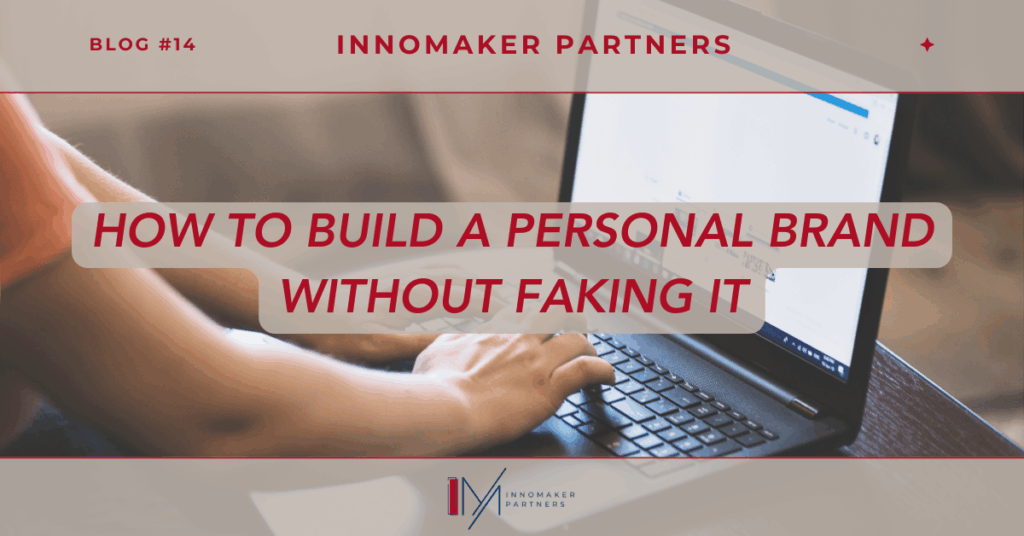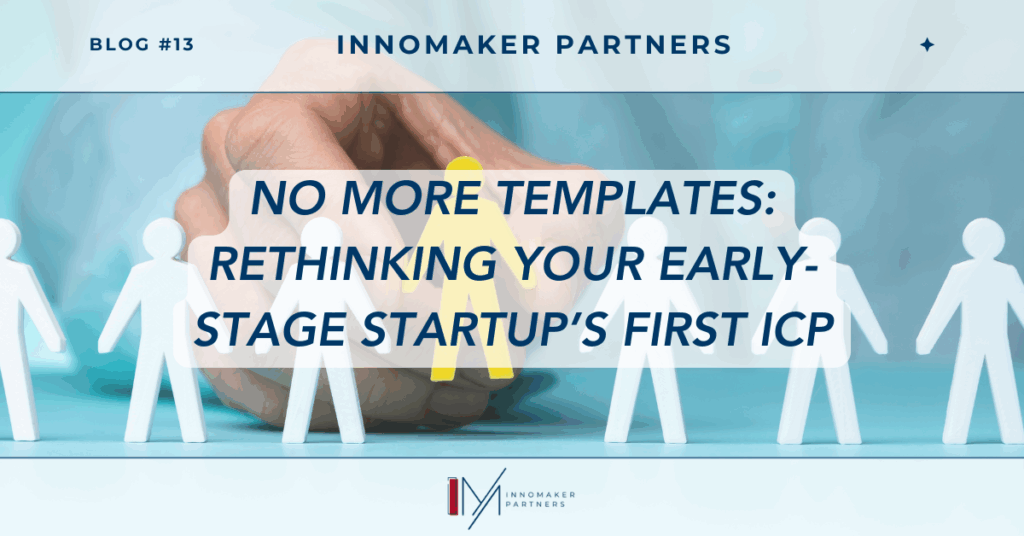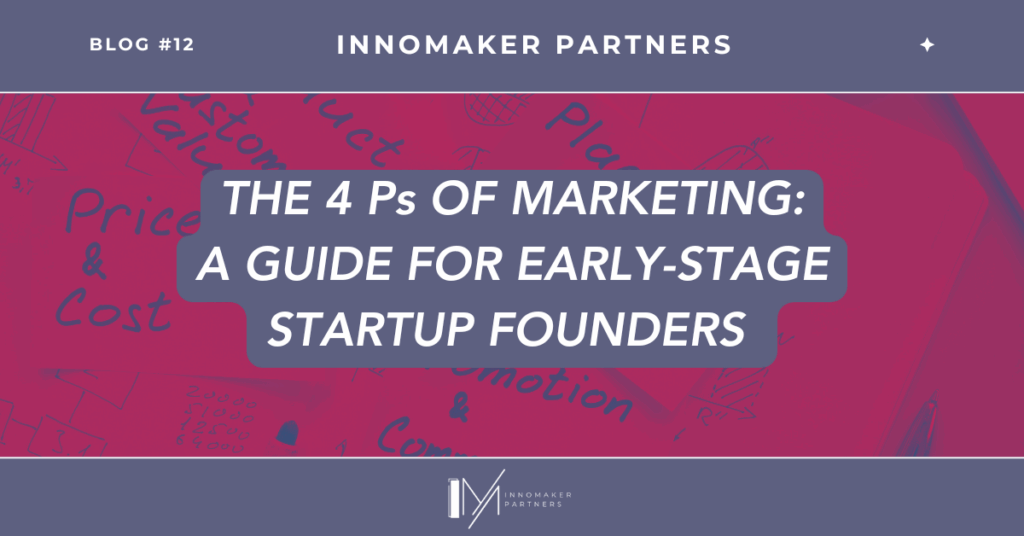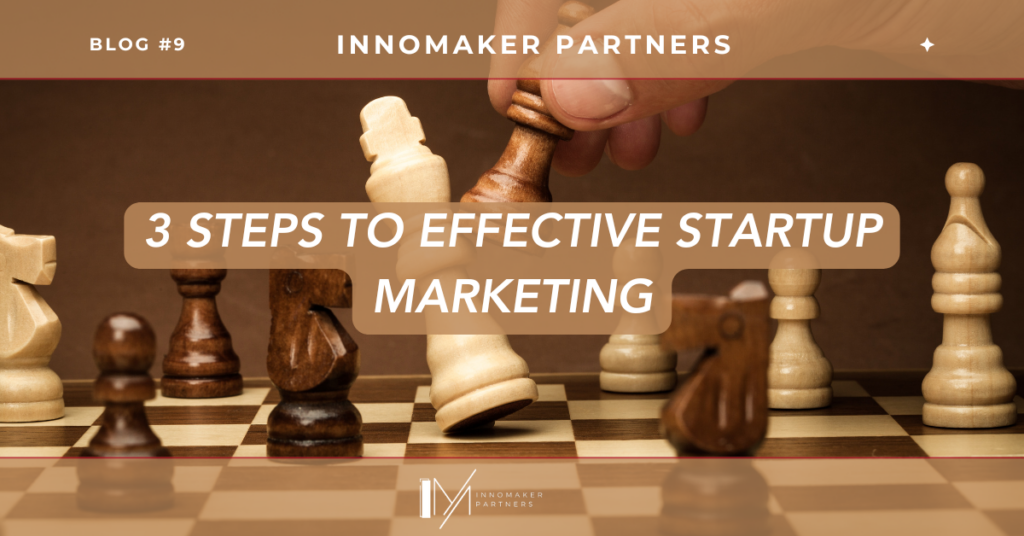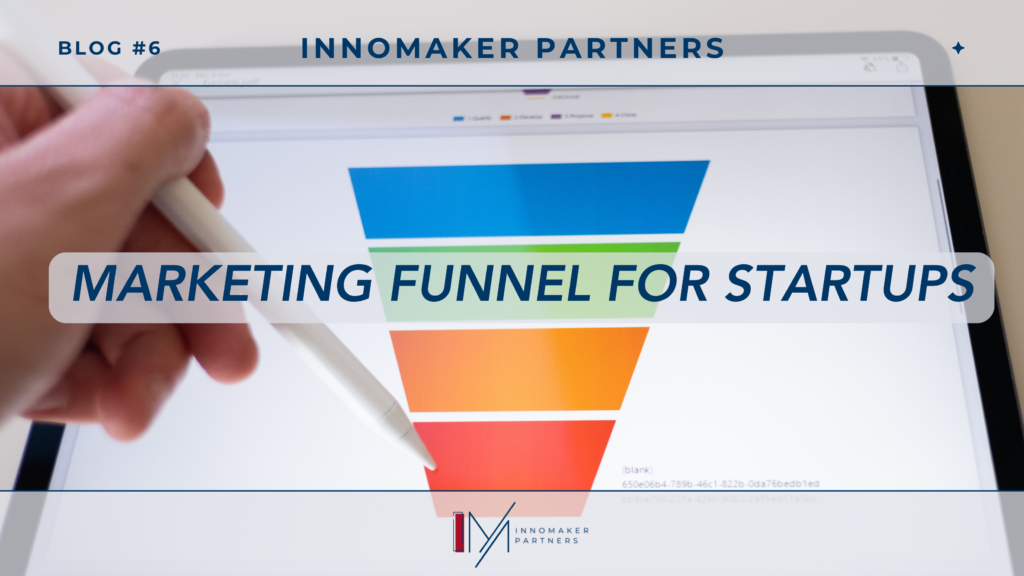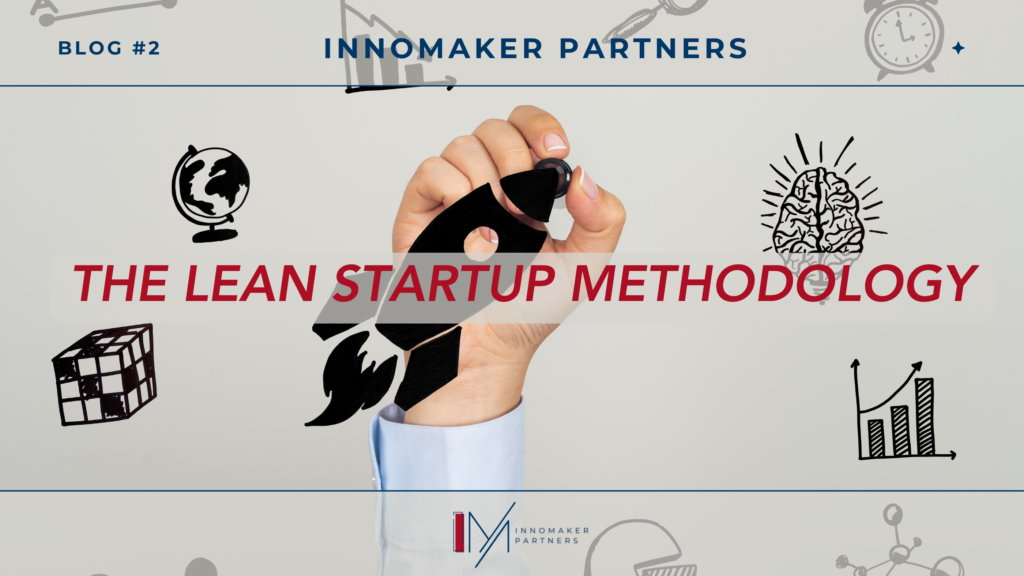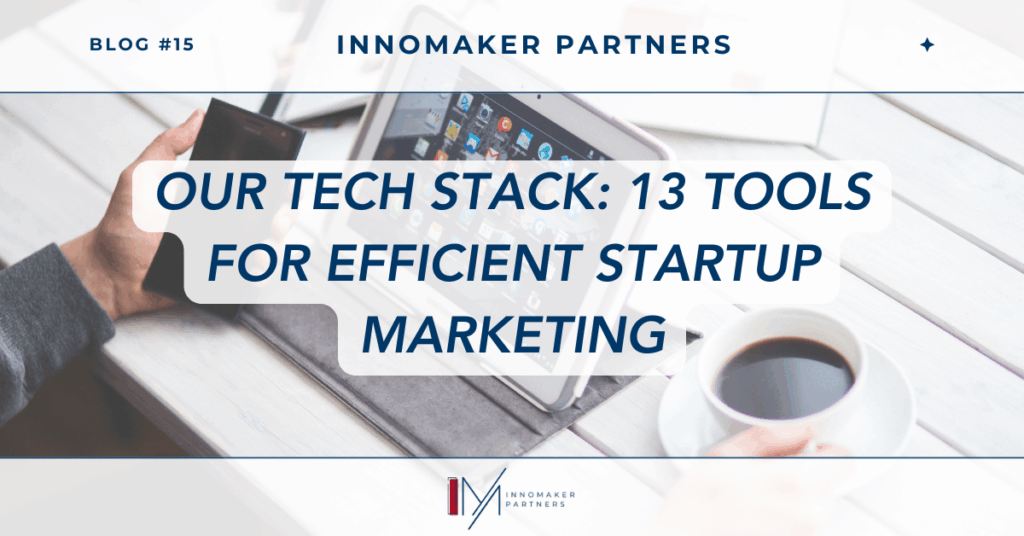
Our tech stack: 13 tools for efficient startup marketing
We’re always on the lookout for tools that make work more efficient, whether that means faster content, fewer emails, or just less manual effort, both for ourselves and for the clients we support. We’ve tried a lot of things over the years: some worked, some didn’t. What we use now is the result of constant testing, feedback, and fine-tuning. From research, planning and time tracking to copy writing, video editing and automation, here’s how our current stack is built and how it might help shape yours too.

